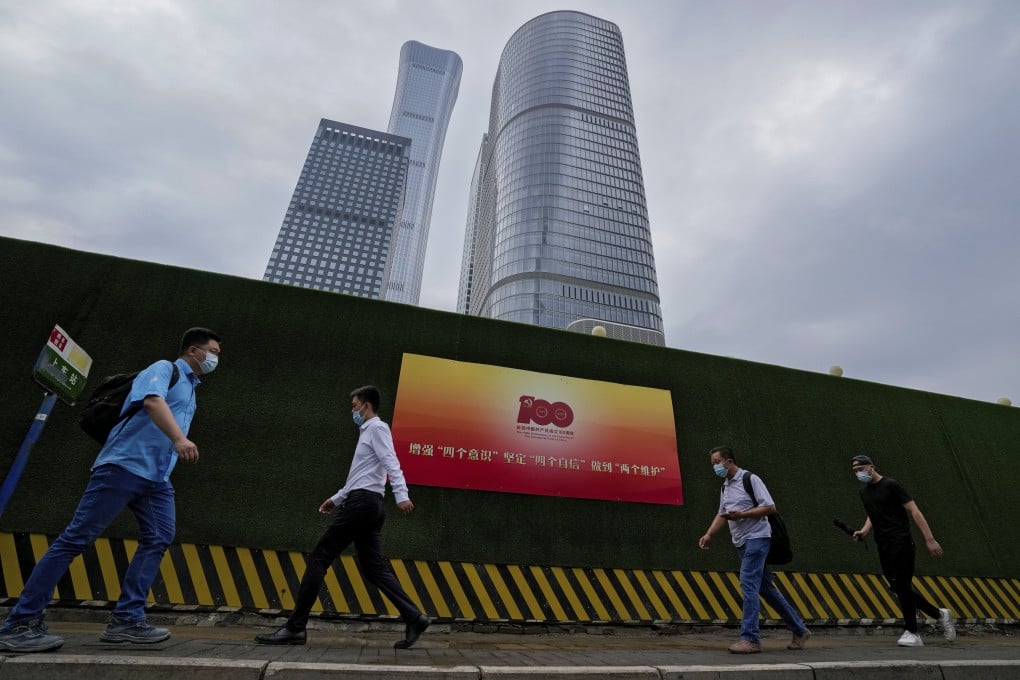Advertisement
Opinion | The danger of putting SOEs back in centre of China’s economy
- As state-owned enterprises increasingly serve as powerful political and policy tools, their dominance and special treatment will undermine fair competition and entrepreneurship
- Private entrepreneurs and foreign businesses may well vote with their feet – and leave Beijing facing a string of WTO and other lawsuits
Reading Time:3 minutes
Why you can trust SCMP
9

After Deng Xiaoping initiated the open-door policy in 1978, he encouraged the rapid development of private enterprises, welcomed foreign investments and attempted to organise the retreat of Chinese state-owned enterprises (SOEs) from non-essential and non-strategic economic sectors.
However, for the last several years the ideological wind has started blowing in favour of SOEs as the Chinese leadership placed increasing emphasis on SOEs’ role in addressing the existential problems of China’s political regime.
Indeed, SOEs serve as a powerful tool for political and policy implementation, instead of as modern corporations competing on the same legal footing as other businesses. Their ultimate mission is to act as a buffer against any internal or external shocks or instabilities.
Advertisement
SOEs enjoy streamlined, and sometimes unlimited, financing facilities, if not outright subsidies, when many small and medium-sized private enterprises have great difficulty securing a modest loan from state banks.
The re-emergence of Marxist ideology has been the force pushing SOEs to rapidly grasp control in all industrial sectors. The “mixed-ownership reform”, initially designed in the late 1990s to encourage private investment in SOEs and attract a more vibrant, entrepreneurial spirit, has since been turned on its head: giant SOEs have started absorbing private companies, and there is a visibly strong tendency to systematically integrate SOE participation into the capital of major private companies.
Consolidation and mergers among SOEs have also been on the agenda in the past several years, resulting in the number of mega SOEs under the central government falling from 117 in 2011 to 97 this year.
Advertisement
Select Voice
Choose your listening speed
Get through articles 2x faster
1.25x
250 WPM
Slow
Average
Fast
1.25x

